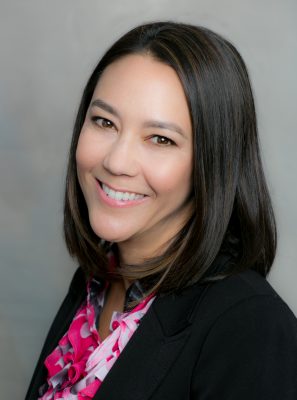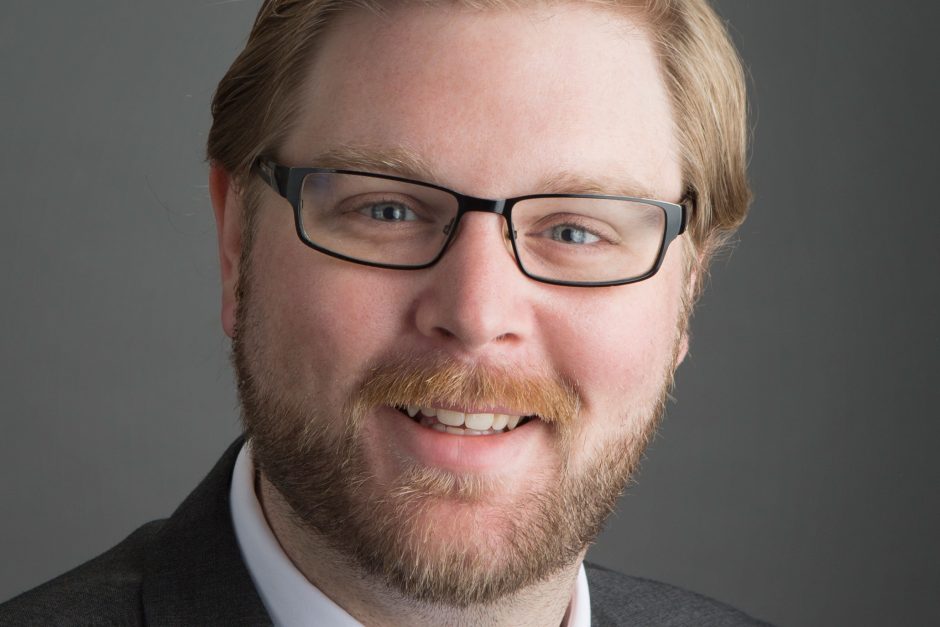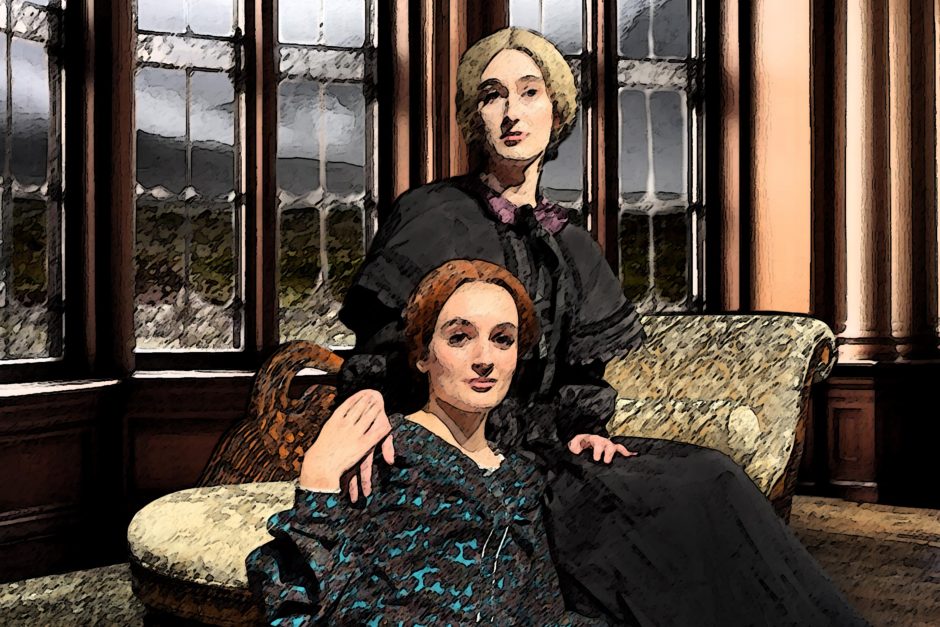Mentors’ encouragement led to science career
Candice Nulsen ’95 wasn’t simply the first person in her family to go to college. “I didn’t even know how to apply to college,“ she says.

Now she’s earned a doctorate in molecular biology, genetics, and cell and developmental biology. She works at the intersection of technology and science, serving as a bridge between companies and practitioners to facilitate clinical trials of new therapies.
“I’m combining my love of science with my love of communication,” Nulsen says. “I translate complex information for sophisticated audiences.”
She was pursuing a French literature major until she took courses from biology professor Craig Tepper and women’s studies professor Diane Crowder. They inspired her to rethink her future.
“I had always been interested in science, but I had never had a mentor to encourage me to pursue it,” she says. “Craig was a huge inspiration for me.”
While taking an elective from Tepper, he gave her the encouragement she needed. He told her she was good at science and encouraged her to apply for a summer research fellowship between her junior and senior years. She identifies it a major turning point in her life.
After finishing her degree at Cornell, she entered the University of Arizona’s doctoral program. “It seemed easy to me,” she recalls. “I had spent a year doing science on the block plan.”
With her Ph.D. in hand, Nulsen took a job in New York City, where she edited scientific journals for three years before joining the Translational Genomics Research Institute, better known as TGen, a genomics company founded by one of the former directors of the National Institutes of Health’s Human Genome Project. The field of genomics was taking off, and there were numerous breakthroughs in the underlying technology used to study the human genome.
In 2012 her husband took an executive position with the City of Santa Monica, California. She left TGen and now works as a consultant helping companies embarking on cancer clinical trials communicate with the physicians who will be administering the experimental therapies. The companies have to comply with enormous amounts of federal regulations and be precise in their instructions about how the trials will be run. Nulsen takes complicated information that is under close regulation and makes it understandable for people with medical degrees and Ph.D.s.
She credits Cornell with providing her with the tools to be successful in a highly entrepreneurial field.
“I draw a very close connection between my Cornell experience and my life,” she says. “I use my liberal arts degree on a daily basis and credit my success with the individualized attention I received from my professors. I think we should refocus on the liberal arts in undergraduate education.”



